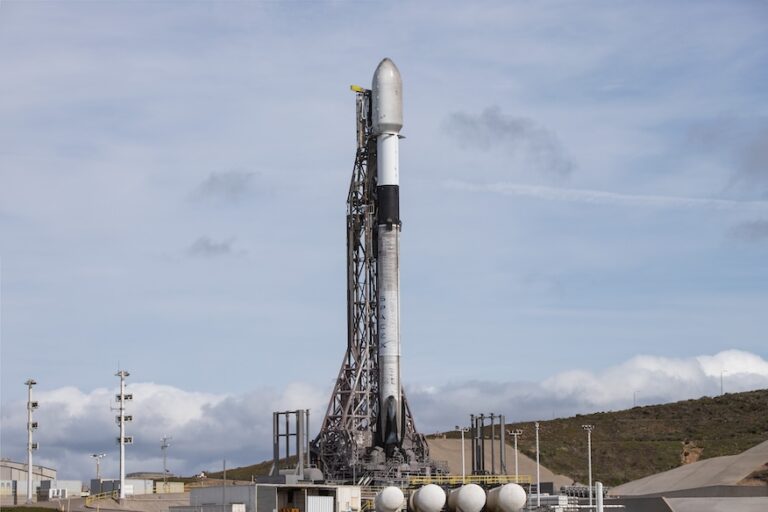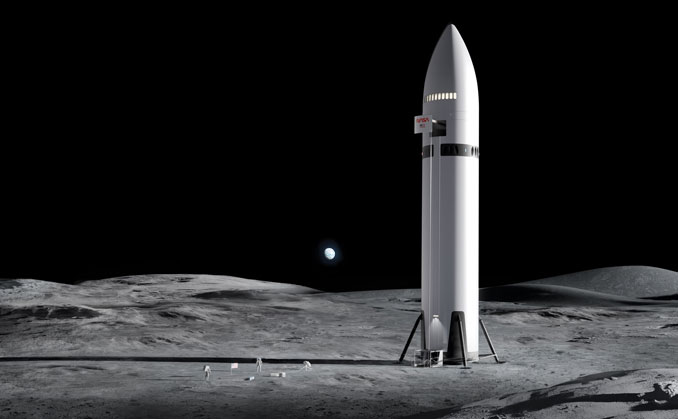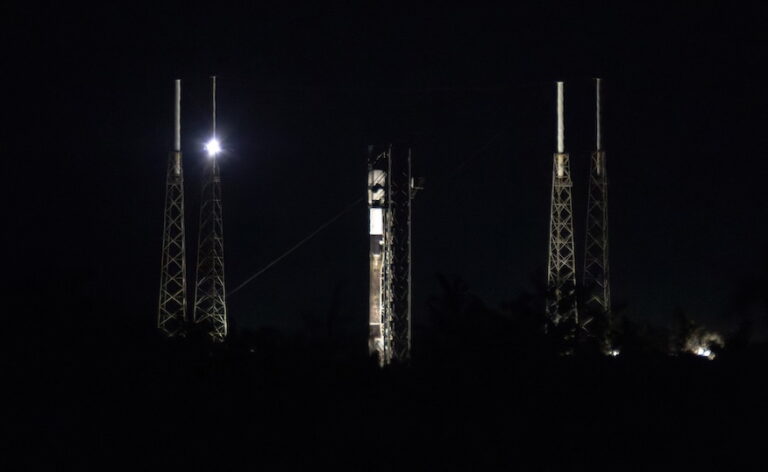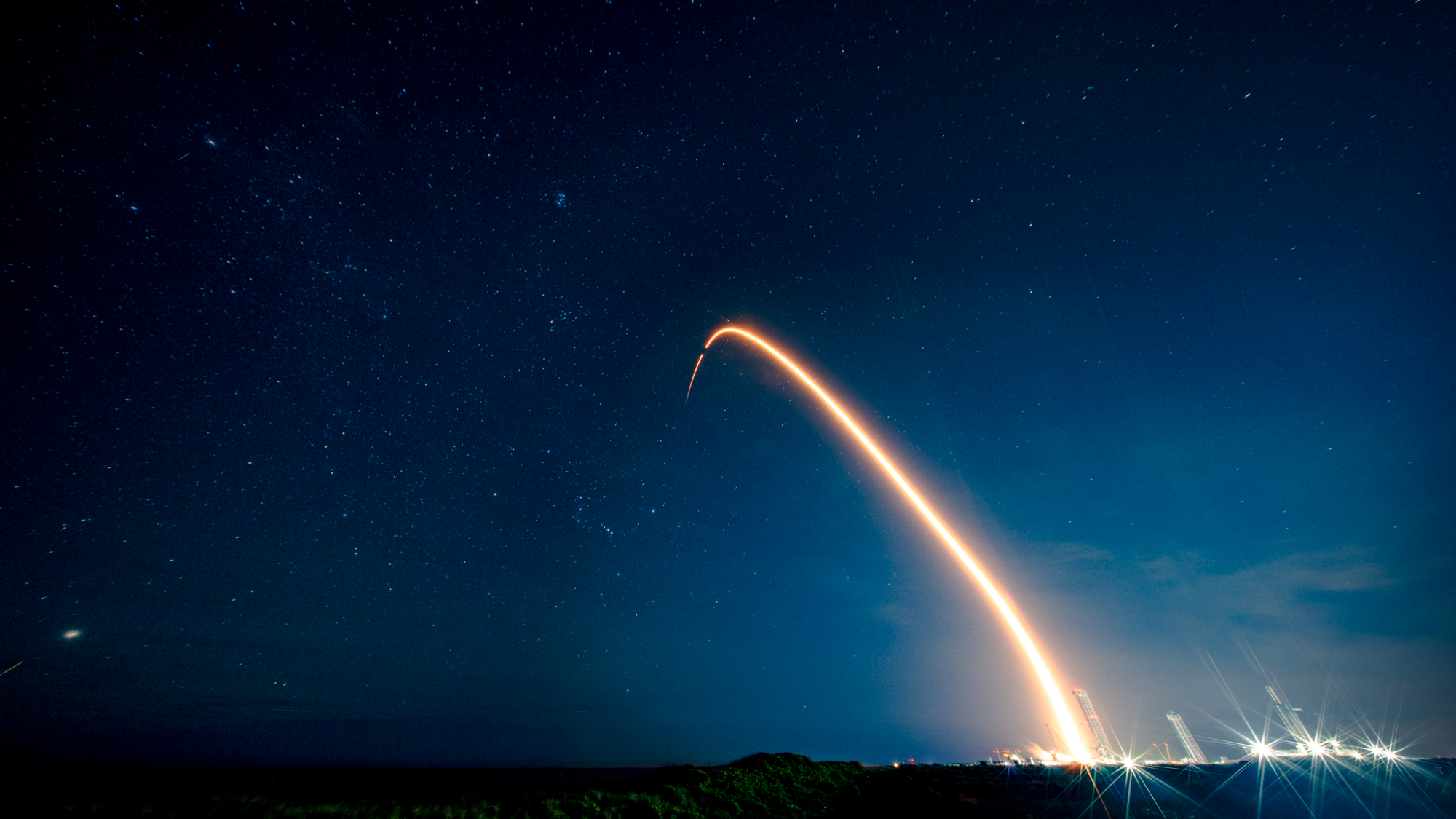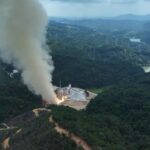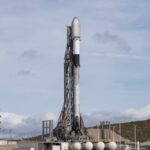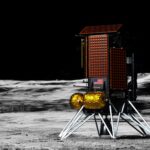Now Reading: Rocket Lab delays debut of Neutron rocket to 2026
-
01
Rocket Lab delays debut of Neutron rocket to 2026
Rocket Lab delays debut of Neutron rocket to 2026
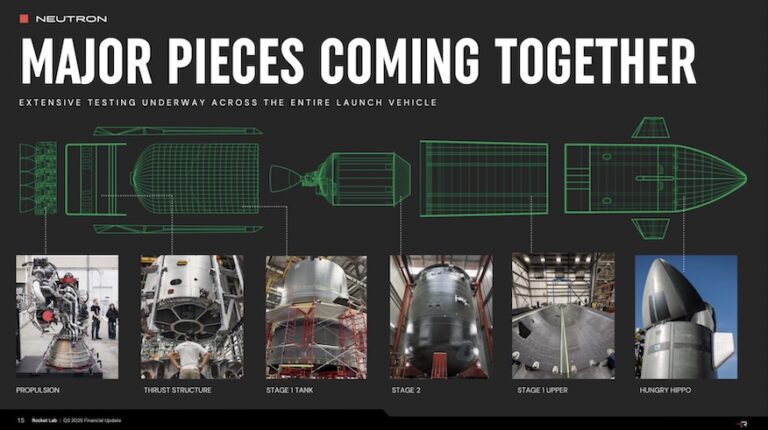
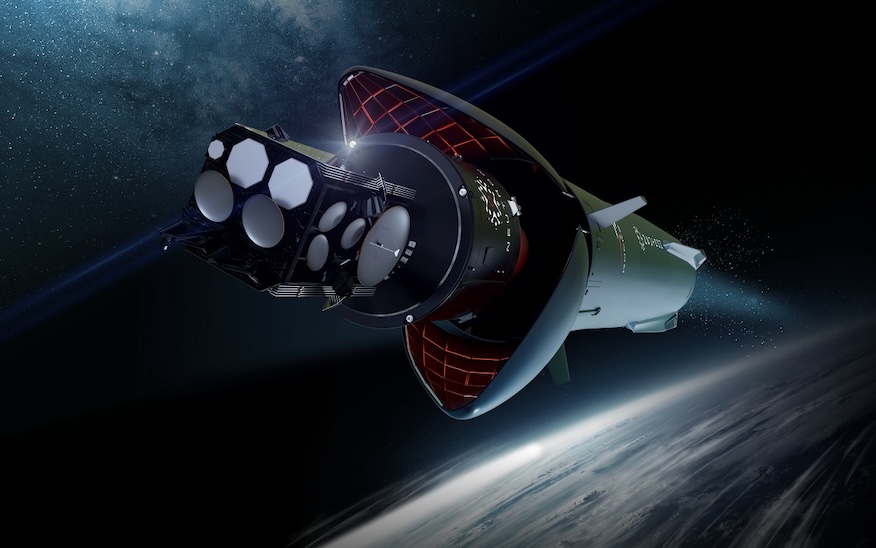
The inaugural flight of Rocket Lab’s reusable, medium-lift Neutron rocket is now set for 2026, instead of this year. The company said more testing and qualification work was needed.
Sir Peter Beck, the CEO of Rocket Lab, announced the shift in plans during the third quarter earnings call with investors on Nov. 10. He said that the company’s goal is to get the rocket out to Launch Complex 3 at the Virginia Spaceport Authority’s (VSA) Mid-Atlantic Regional Spaceport (MARS) within the first quarter of 2026 “with first launch thereafter.”
“As always, this is a rocket program that’s been completed at a pace and a cost that nobody has achieved before and the financial and long-term impacts are insignificant to take a little bit more time to get it right,” Beck told investors on the call.
Without naming names, Beck said others have raced to the launch pad without being fully ready for launch and that would not be their approach. He emphasized that Rocket Lab’s goal is to have a fully successful first flight and to make it to orbit without issue.
“You won’t see us minimizing some qualifier about us just clearing the pad and claiming success and whatnot,” Beck said. “And that means we don’t want to learn something during Neutron’s first flight that could be learned on the ground during the testing phase.
“At the end of the day, Neutron will fly when we’re very confident it’s ready and we’re not going to break the mold of the Rocket Lab magic.”
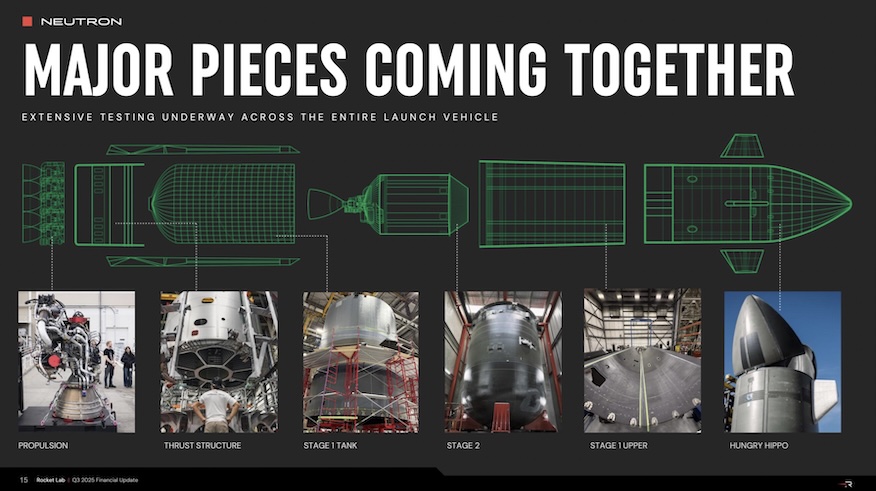
While the 141-foot-tall (43 m) two-stage rocket is designed to be reusable, part of a successful first flight of Neutron won’t be proving reuse of the booster. Rocket Lab is still developing its 400-foot-long landing barge called ‘Return on Investment’, which Beck said should be ready to support Neutron’s second launch.
Beck said that the methane and liquid oxygen powered Archimedes engines, which will power the liftoff of Neutron with 1.5 million pounds of thrust, continue to go through validation and qualification. He said they’re using two test stands at NASA’s Stennis Space Center in Mississippi at a 20-7 rate: 20 hours a day, seven days a week.
“The only way you can get through years of qualification that are always expected for an engine program is to squeeze years of hours into months,” Beck said. “As you can imagine, no weekends or evenings are left on the table at the Stennis test facility.”
When asked by Michael Leshock of KeyBanc Capital Markets about how close they were to a finalized design of the Archimedes engine, Beck said the “engine design’s pretty stable at this point,” adding that Rocket Lab had “met all the performance criteria.”
“With ascent there’s one set of environments and with descent, there’s an entirely new set of environments and much more challenging environments because your propellant will warm and lower pressures,” Beck said. “The vast, vast majority of all the components for Flight 1 engines are either complete or in some kind of form of build.
“We’re iterating on the engine for sure, but the production machine is stood up and ready to support.”
Archimedes full mission duration hot fire. Enjoy. pic.twitter.com/jF3I3zDM9G
— Rocket Lab (@RocketLab) August 7, 2025
Leshock also asked whether the original budget prediction of Neutron was holding in the $250 million to $300 million range, Adam Spice, the Chief Financial Officer at Rocket Lab, said that the push of first launch from the end of 2025 into 2026 means that the company likely will have spent about $360 million on the program by the end of 2025.
“As Pete mentioned, it’s about a $15 million impact on the human capital side of things per quarter,” Spice said. “When the program delays, you end up obviously incurring an extension of that staffing-related expenses to the program.”
Spice said Rocket Lab expects to reach the peak of their quarterly expenditures on the Neutron program by the end of the fourth quarter of 2025.
In another part of the earnings call, Spice said the first launch of Neutron won’t include a customer on board, but said they do have “two, fully priced missions in the backlog right now.”
“For Neutron, there’s a third contract admission… made to be a rideshare,” Spice said. “We don’t have that in the backlog because we don’t do that until we’ve actually added the payloads into the manifest.”
Spice reported that Rocket Lab’s backlog at the end of the third quarter was $1.1 billion with 47 percent coming from the launch side of the company versus their space systems business, which provides both spacecraft (like the two ESCAPADE satellites awaiting launch in Florida) and spacecraft components to customers.
Stay Informed With the Latest & Most Important News
Previous Post
Next Post
-
 01Two Black Holes Observed Circling Each Other for the First Time
01Two Black Holes Observed Circling Each Other for the First Time -
 02From Polymerization-Enabled Folding and Assembly to Chemical Evolution: Key Processes for Emergence of Functional Polymers in the Origin of Life
02From Polymerization-Enabled Folding and Assembly to Chemical Evolution: Key Processes for Emergence of Functional Polymers in the Origin of Life -
 03Astronomy 101: From the Sun and Moon to Wormholes and Warp Drive, Key Theories, Discoveries, and Facts about the Universe (The Adams 101 Series)
03Astronomy 101: From the Sun and Moon to Wormholes and Warp Drive, Key Theories, Discoveries, and Facts about the Universe (The Adams 101 Series) -
 04True Anomaly hires former York Space executive as chief operating officer
04True Anomaly hires former York Space executive as chief operating officer -
 05Φsat-2 begins science phase for AI Earth images
05Φsat-2 begins science phase for AI Earth images -
 06Hurricane forecasters are losing 3 key satellites ahead of peak storm season − a meteorologist explains why it matters
06Hurricane forecasters are losing 3 key satellites ahead of peak storm season − a meteorologist explains why it matters -
 07Binary star systems are complex astronomical objects − a new AI approach could pin down their properties quickly
07Binary star systems are complex astronomical objects − a new AI approach could pin down their properties quickly












